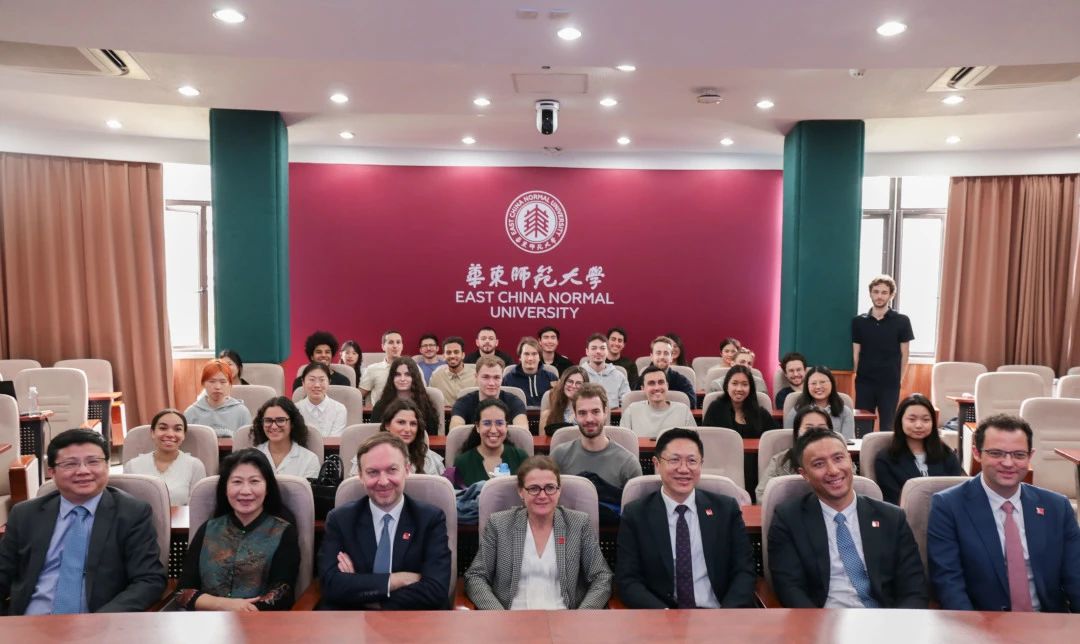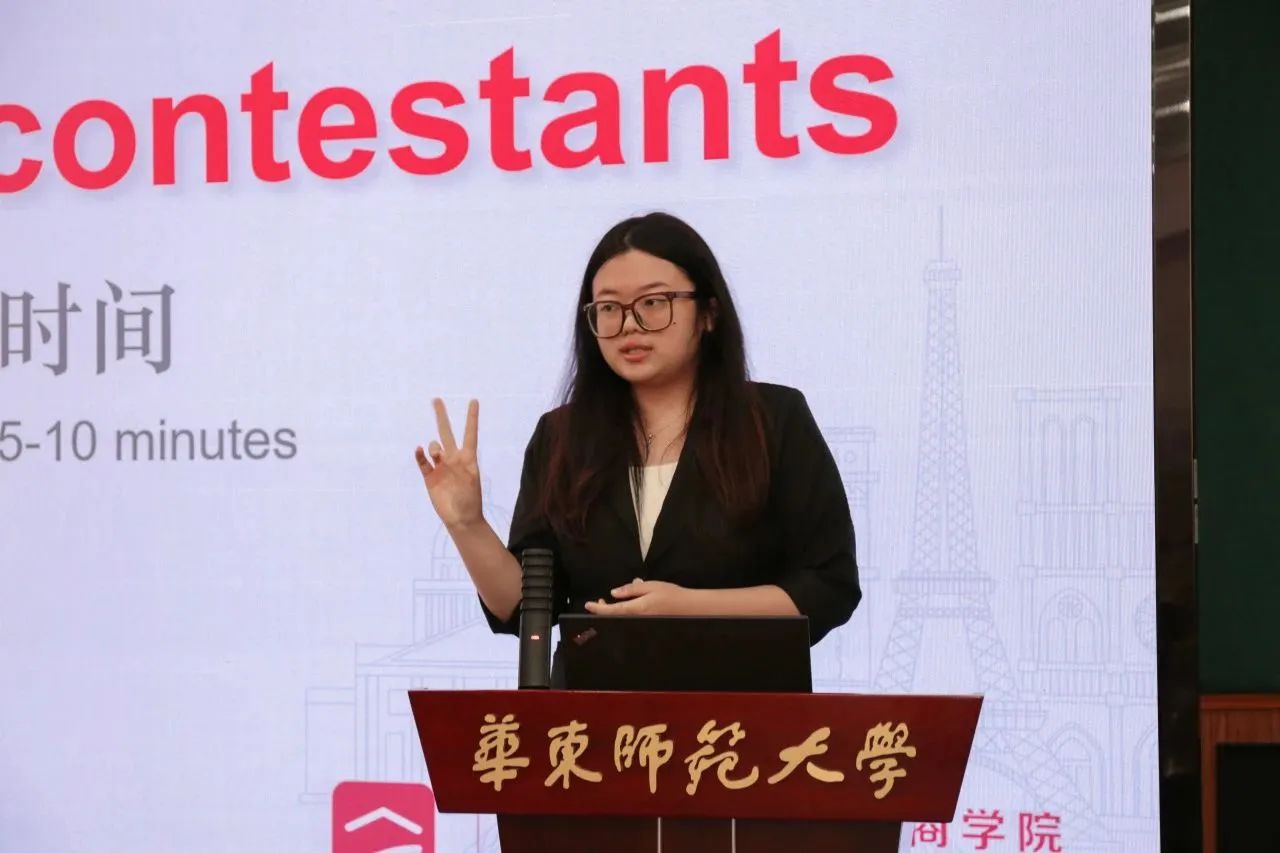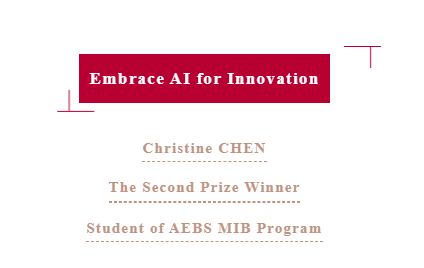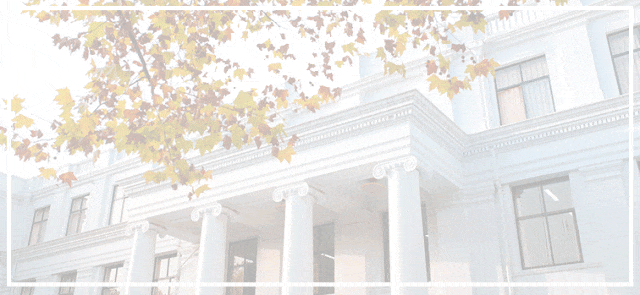
On April 22nd, the "Unlimited Future, Boundless Imagination, Sino-France Innovative Leadership Speech Contest", organized by the Asia Europe Business School of East China Normal University and emlyon business school, was successfully held in the Meng Liu Auditorium of East China Normal University (Putuo Campus). More than 30 students from Asia Europe Business School and exchange students from emlyon business school jointly participated. Isabelle HUAULT, Executive President and Dean of emlyon business school, Nicolas PEJOUT, Executive Vice President and Executive Board Member of emlyon business school, William Hua WANG, Associate Dean of emlyon business school, Dean of emlyon business school Asia, Meixu HUANG, Director of the International Education Center of East China Normal University, Jiaxun HE, Chinese Dean of Asia Europe Business School, Nikola ZIVLAK, Academic Director of the undergraduate and master Programs of emlyon business school Asia, and Joniko CAO, Direct of Asia Recuitment & Operation of emlyon business school attended the event. The speech competition was judged by Meixu HUANG, Director of the International Education Center of East China Normal University, Sai LAN, Associate Professor of Innovation and Entrepreneurship Management at emlyon business school, and Wenting CHEN, Secretary of International Affairs of Asia Europe Business School. It was hosted by Huangjie ZHENG, a 2023 HEBM student.
The Asia Europe Business School was co-founded by East China Normal University and emlyon business school in June 2015. Since its establishment, it has not only made significant contributions to academic and cultural exchanges between the two schools, but also become a shining gem in international exchanges between China and France. Holding this innovative leadership speech contest on the occasion of the 60th anniversary of the establishment of diplomatic relations between China and France is a good opportunity to showcase the charm of students under cultural integration, and also provides students with opportunities to strengthen mutual communication and understanding.
Hereby,the script for the speech of the winner is published as follows,and we hope the innovative leadership practice would inspire all students, exercise themselves in various activities such as speech contest, as well as the way of thinking.

Christine Chen from the 2023 MIB proposed in her speech that there are two key elements to cultivating innovative leadership: a thorough understanding of things, and the courage to take risks. She shared her views on AI and education based on her own learning experience. In this era of rapid technological development, artificial intelligence can not only explain complex problems for us, but also become an effective "brainstorming" tool, which is important for leaders' creativity.

Chinese philosopher Laozi once said, "Give a man a fish and you feed him for a day. Teach a man to fish and he will eat for a lifetime." But what if we didn’t stop there? What if we ignite his curiosity about the underwater world? Why fish take bait, why they prefer deep water -Through this. He would be innovating ways to improve his catch to feed, not only himself, but also his community. He wouldn't just be a fisherman. he'd be a pioneer.
Innovation is man's greatest gift. It's a recipe with two steps. First, you need to gather the ingredients of deep profound understanding and the whisk of courage and risk taking. Both are equally important. So the question is, does the current standardized education system provide the ingredients? Standardized education brought knowledge to the masses. We are living in the historic era of literacy. However, with standardized education, classrooms are only getting bigger and bigger. Not all students learn at the same pace or the same way. And lecture time is constrained by the curriculum. It would be unreasonable for a lecturer to cater to student’s individual needs. Resources are stretched thin and students are left behind. Creating a system with a focus on rote memorization.
Not enough ingredients for innovation right?
So what can we do? Reworking an old established system would take time. We need something easily implemented for such a critical issue. A viable solution for this is the use of Artificial Intelligence or more specifically, generative pre-trained transformers (GPTs)GPT can generate human-like text in response to a prompt. It is powered by a large language model that is trained on millions of data. They model relationships between words and create an eural network based on how the human brain works. Sounds amazing doesn’t it. I know The sound of AI in academia makes lecturers and professors groan as they remember the countless pages of artificially generate text they had to check. It is seen as a lazy student’s crutch. The downfall of thinking and hard work. But I find this view limiting. Artificial Intelligence, likemost novel technology is a double edged sword. Unlike browsing the web, you can get exactly the answer you need, explained in a way that you can understand. It's easy to use and easy to access. You can ask the GPT to explain to you the three body problem like you are five.Imagine if schools have their own GPTs, trained on the students' curriculum. Students can now get clarification and patch their gaps of knowledge. In fact, ECNU has built their own GPT for their Chemistry division. And France Education International is experimenting with AI4T that aims to support and implement artificial intelligence in Education. Not only can AI help with explaining complex concepts, it can be an effective brainstorming tool. Exposing students to concepts related to the topic at hand, and encouraging creativity , which is important for us aspiring entrepreneurs. Even with the problems of inaccurate information and trademark issues, it is only a matter oftime before it is perfected. But we shouldn’t wait, the world is changing, and we must let change happen now. I encourage students, lecturers and deans to view AI not as a crutch or a threat, but as a grand opportunity. Because if we fear AI we hinder its greatness and in turn hinder students' greatness, we hinder innovation. So I'm asking you for the last step of innovation, the courage to explore.






